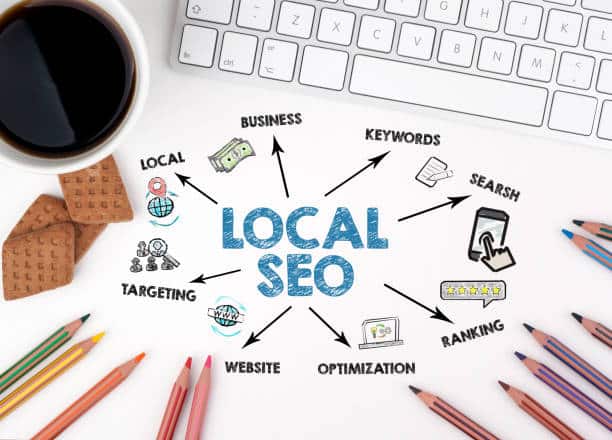In today’s world, the transfer of information has become rapid with digital transformation initiatives. Technological changes over the last 20 years have underscored why company culture is more important than ever before. A product or service can be copied. How your business scales and operates can be copied. However, culture cannot be replicated.
In my opinion, the senior team should spend a significant amount of time developing culture so that it becomes the fabric of the company.
One of my esteemed mentors is Dr. Larry Senn, “The Father of Corporate Culture.” As founder of Senn Delaney, a global transformational and culture-shaping organization, he has been on a mission to make “culture-shaping” an everyday practice of companies worldwide. His purpose is to inspire leaders and organizations to live life at their best.
“I have worked with Mark over the last 20 years, during his three CEO assignments. Mark’s commitment to culture has been exceptional as he leveraged it to transform Caesars Entertainment and Tenneco into high-performing organizations,” Senn said, “We began the culture-shaping process with his senior team so they would be role models of the culture he wanted to create. We then extended the positive cultural behaviors to all employees where it impacted performance, the customer experience, and employees’ personal lives.”
I believe it is imperative to build a transformative culture. When I led Caesar’s as CEO, we experienced the highest level of employee satisfaction measured by a third party (2015). Over the next three years, we implemented culture training which maintained and improved our employee satisfaction scores.
It’s top of mind for executives, team members, and customers.
 Wanting to foster a company culture that produces positive corollaries like creativity, efficacy, trust, and other descriptions of excellence is a popular goal. Internal and external parties are also factoring in culture, whether buying from or participating within the organization. According to a study by Edelman, 71% of respondents say that if they perceive a brand is putting profit over people, they lose trust in that brand forever.
Wanting to foster a company culture that produces positive corollaries like creativity, efficacy, trust, and other descriptions of excellence is a popular goal. Internal and external parties are also factoring in culture, whether buying from or participating within the organization. According to a study by Edelman, 71% of respondents say that if they perceive a brand is putting profit over people, they lose trust in that brand forever.
Trust is built through protecting and partnering, informing and empathizing, and educating and connecting. 2020 accelerated culture to the forefront of the global conscience. It is unlikely to recede anytime soon, so it’s worth examining how to nurture the tenements of your company’s culture.
A great culture gives your organization a competitive edge.
But make it authentic—greatness springs from a recognition of shared humanity. The pandemic taught us many humbling lessons around gratitude and connection. We spent more time with our families, had dogs barking in the background of Zoom calls, the list goes on. We remembered that each of us has a story outside of work, and now our worlds are colliding as we figure out a very integrated life experience.
Companies that figure out how to meet their team members and employees as people first are the companies that will excel in a post-pandemic world. There’s no glossing over the importance of culture because the flimsy, marketing-driven enterprise cultures that play into trends rather than doing the work will crumble against real-world challenges.
When it’s developed correctly, culture can power your organization to new heights. And in the process, you will elevate all that are in the organization’s orbit, both team members and customers alike.
Mark P. Frissora is a successful businessman who was previously the Chief Executive Officer and President of Caesars Entertainment and served as the chair and CEO of two Fortune 500 companies, Hertz Global Holdings, and Tenneco, Inc. With over 42 years of business experience, Mr. Frissora’s expertise spans across all levels of managerial and functional roles. He is known especially for consistently generating stakeholder/shareholder value at highly leveraged companies in both private equity and public markets, and successfully leading companies out of bankruptcy. Mr. Frissora credits his success to a strong work culture that focuses on customer-centricity, diversity, and employee engagement.




